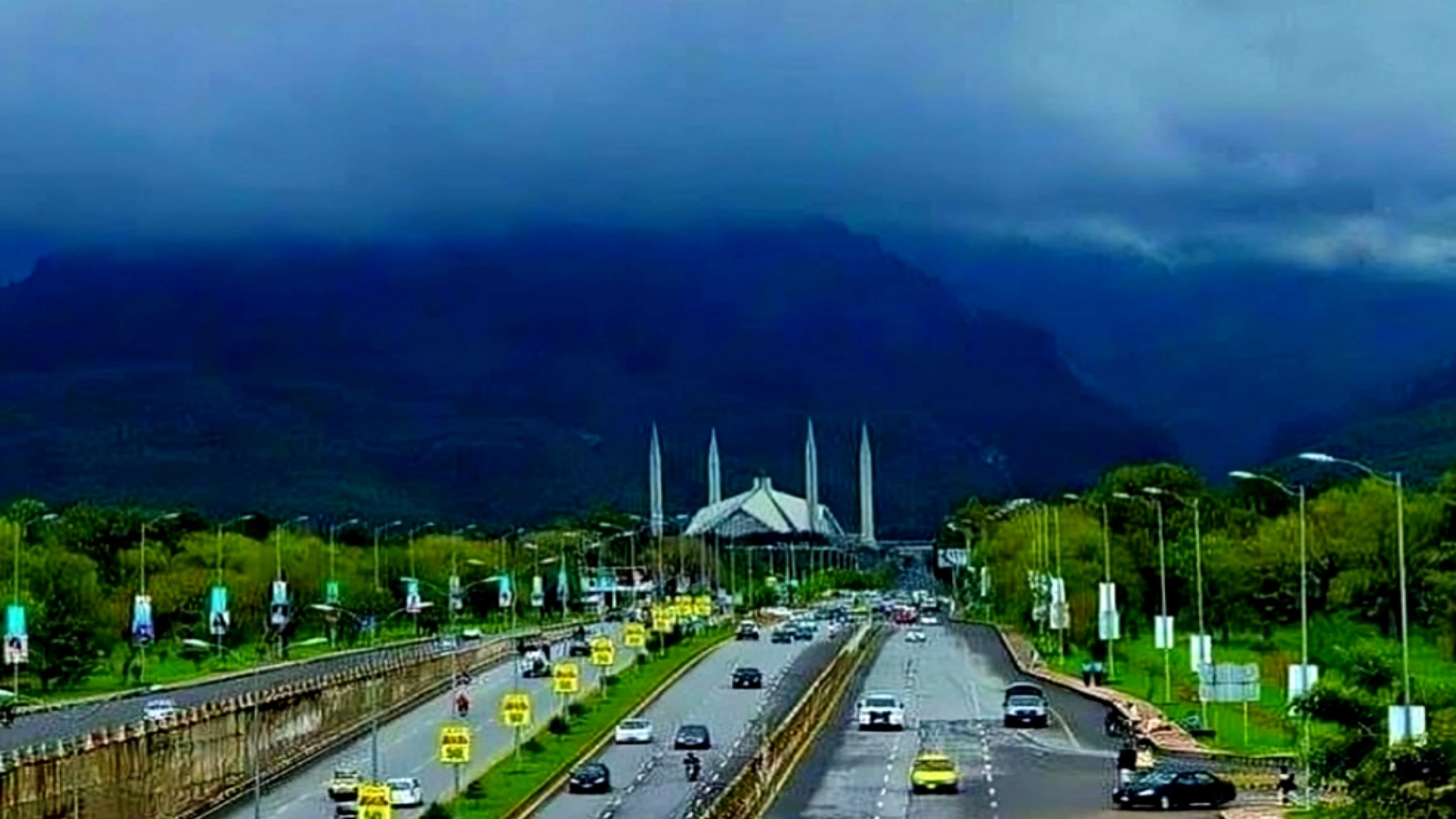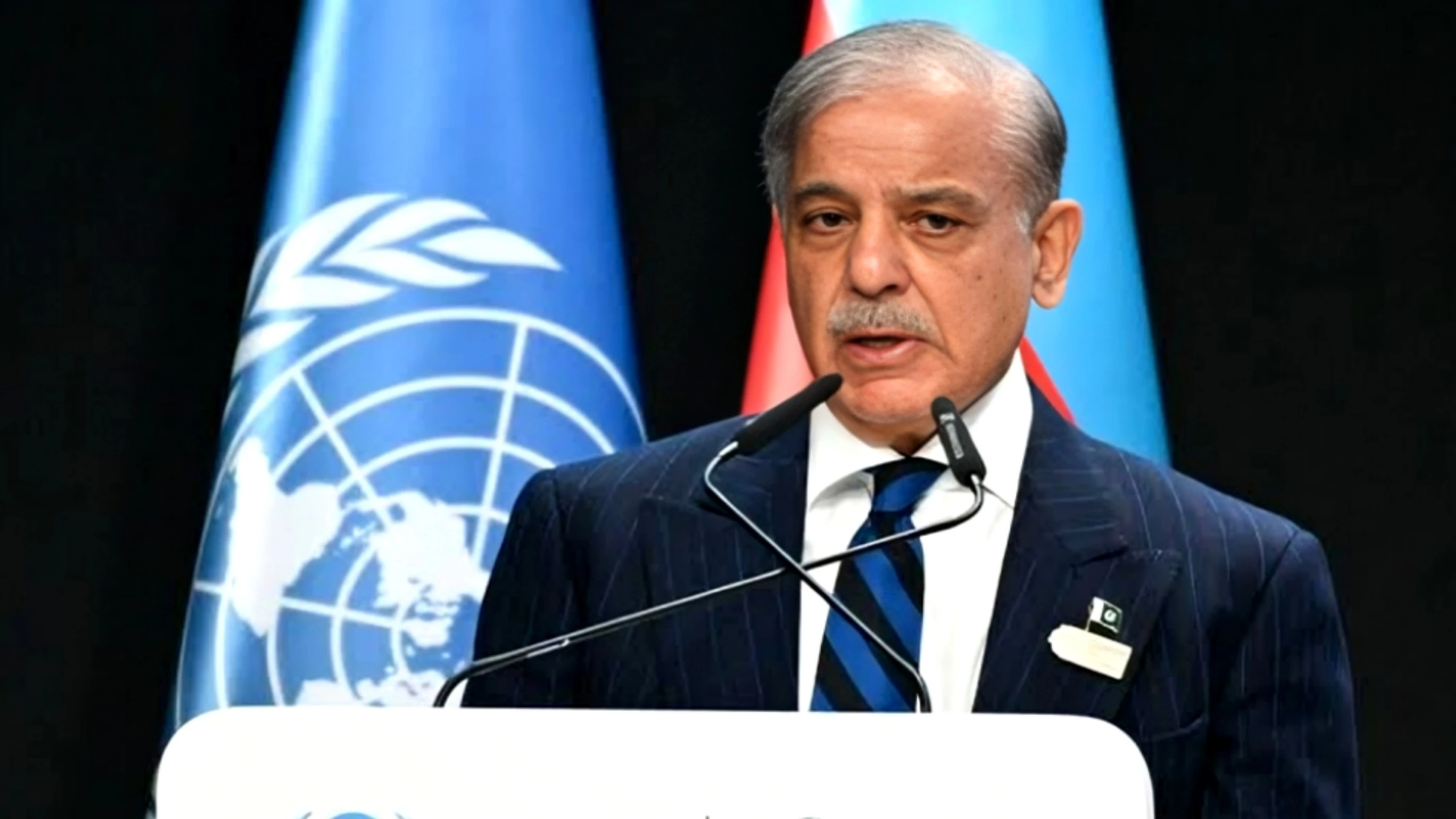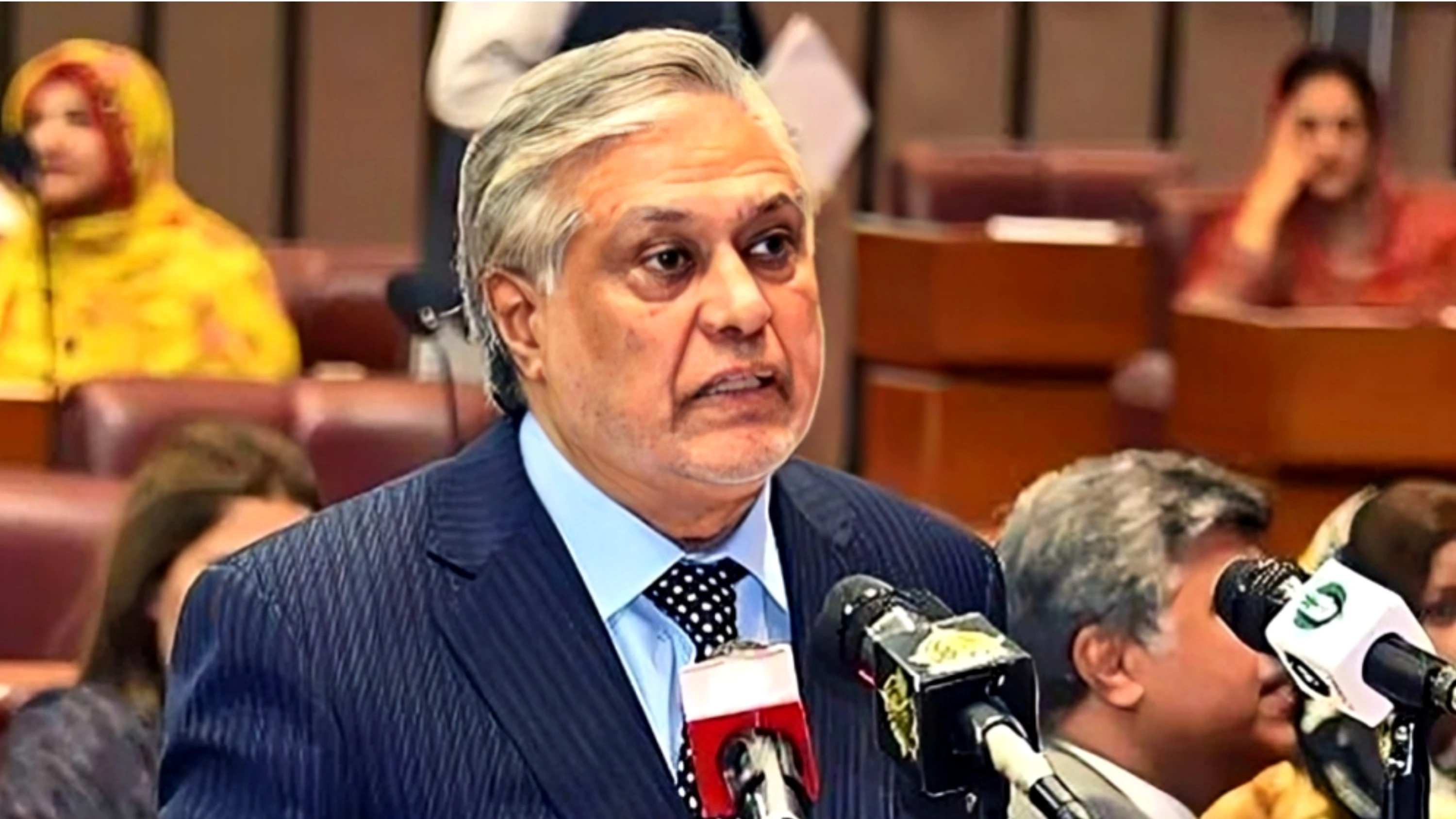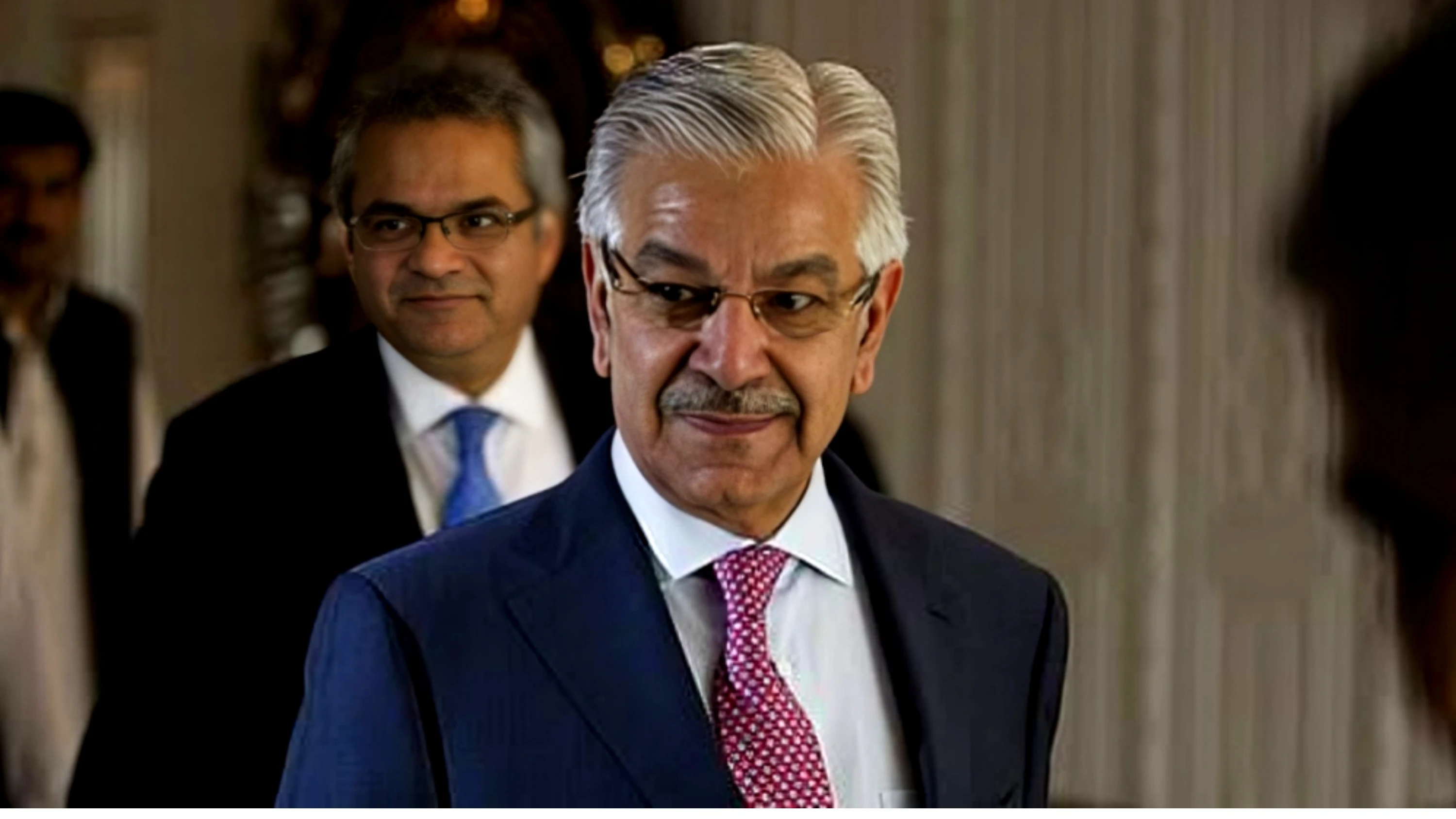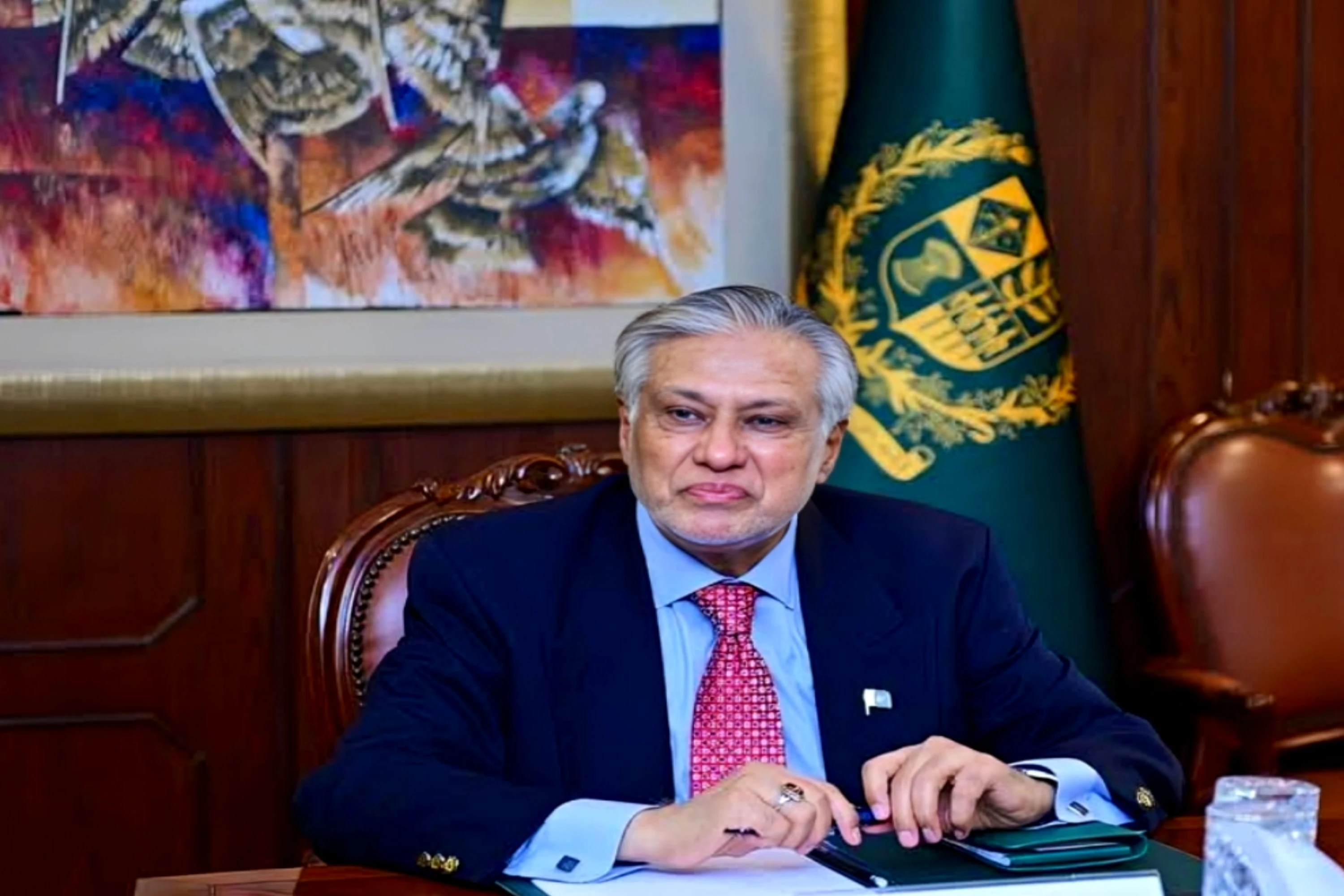Islamabad: The federal government has initiated deliberations on introducing a new governance model for Islamabad, inspired by the administrative structure of India's capital, Delhi. Under the proposed model, an elected assembly, council, and the merger of various departments — including health and education — are being considered to streamline governance in the capital.
According to reports, the federal government is planning to introduce a comprehensive system of governance in Islamabad that would involve the amalgamation of nearly all departments, aiming to enhance efficiency and representation.
Sources within the federal government revealed that a Delhi-style administrative system is under active consideration for Islamabad.
A high-level committee formed by Prime Minister Shehbaz Sharif held a meeting on Tuesday, chaired by Minister for Planning Ahsan Iqbal. The meeting was attended by Minister for Parliamentary Affairs Dr. Tariq Fazal Chaudhry, Adviser to the Prime Minister on Inter-Provincial Coordination Rana Sanaullah Khan, Minister of State for Interior Talal Chaudhry, and MNAs from Islamabad Raja Khurram Nawaz and Anjum Aqeel Khan.
Speaking after the meeting, Planning Minister Ahsan Iqbal stated that two governance models were reviewed, and once finalized, they will be presented to the federal cabinet for selection.
According to sources, under one of the proposed models, the Chief Commissioner of Islamabad would be elevated to the rank of Chief Secretary — a position similar to those in the provinces.
The proposal also includes the formation of an elected council that would include representatives of the federal government.
While the Capital Development Authority (CDA) would retain control over policing, domestic affairs, and master planning, the rest of its powers would be transferred to the new governance structure, sources said.
One model suggests that all existing and future institutions in Islamabad will function across the entire Islamabad Capital Territory (ICT), not just urban areas.
A key model being considered is named the "Islamabad Capital Territory Government (ICTG)," modeled after Delhi’s "Government of National Capital Territory of Delhi (GNCTD)."
The proposal includes the establishment of an "Islamabad Capital Territory Assembly (ICTA)" which would be empowered to legislate on matters similar to provincial assemblies.
The proposed legislative body would consist of 31 members: 15 directly elected, 4 reserved seats for women and minorities, and 12 members nominated by the federal government to represent sectors such as education, health, town planning, commerce and industry, environment, civil society, law, and minorities.
The meeting highlighted that Islamabad currently lacks a democratic governance system and is still being administered under Presidential Order No. 18, issued during the martial law era in the 1980s.
A participant of the meeting noted that the new governance model is rooted in the principles of devolution of powers, representative governance, and effective use of existing administrative structures.
At present, Islamabad operates under three distinct governance models: the Capital Development Authority (CDA), ICT Administration, and the Metropolitan Corporation Islamabad (MCI), while education and health sectors fall directly under federal ministries.
Notably, the last local government elections in Islamabad were held in November 2015, after which a mayor was elected. However, the first-ever elected local body — the MCI — failed to deliver due to overlapping jurisdictions, lack of support from the federal government, and inter-institutional friction with the CDA and ICT administration.
During its five-year term, local representatives struggled to address constituency issues, lacking official offices and receiving no honorarium. The tenure of the local government expired in February 2021, and since then, the federal government has repeatedly delayed holding new elections.
The Election Commission of Pakistan (ECP) has conducted five rounds of delimitations and even issued election schedules, but polls have yet to be held.
In May this year, the ECP issued a strong statement criticizing the government’s delay in legislating for Islamabad’s elections. However, the federal government has now responded by unveiling this new governance model.


